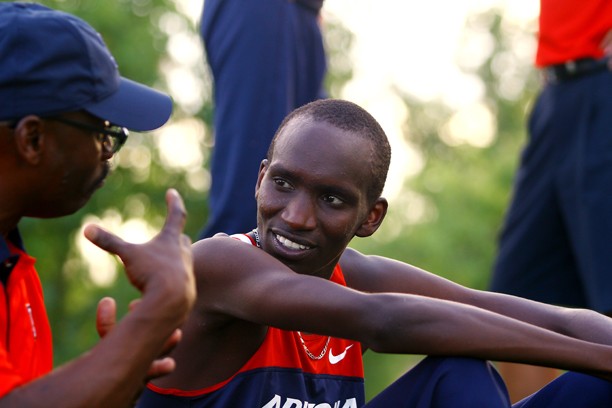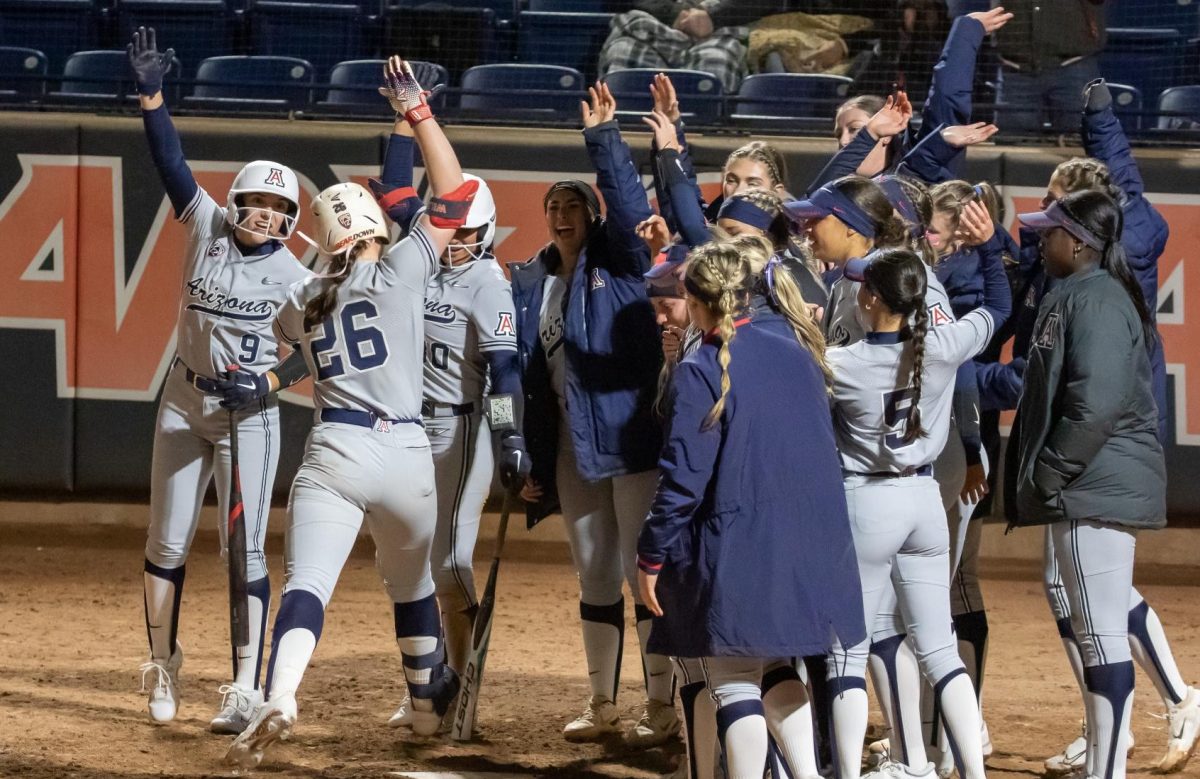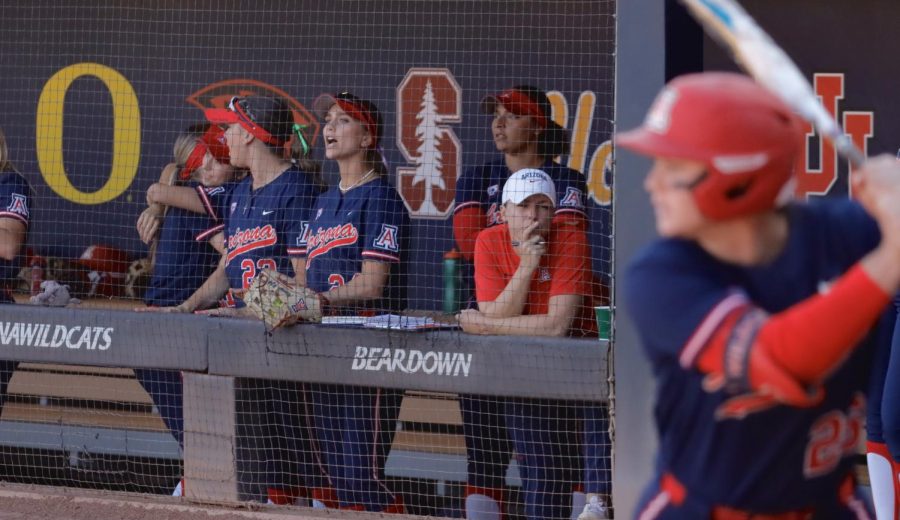The U.S. Track and Field and Cross Country Coaches’ Association named junior distance runner, Lawi Lalang, the male athlete of the week last week.
This recognition came in light of Lalang’s impressive performance at the Razorback Invitational on Saturday, Jan. 26th. In his 2013 season debut, he clocked a personal-best 7:42.79 in the 3000-meter race. This was not only good for 1st place, but was the No. 1 collegiate time in the country. On top of that, it was the No. 1 time in the world for the 3000-meter race this year.
But these accomplishments haven’t fazed Lalang. In fact, to Lalang, they’re “normal.”
“I just have to keep my head up and stay focused,” Lalang said, “It feels good and it’s given me a lot of confidence.”
Head coach Fred Harvey recognized these accomplishments, but said that he “expects” high caliber performances from Lalang.
“He’s talented and he knows he’s talented,” Coach Harvey said. “[Lalang is] very confident in his ability level, but he knows that as a competitor you have to relax and compete at your highest level and see what the results will bring you.”
Coach Harvey also said that because of all of the honors Lalang has received, being named male athlete of the week “doesn’t really affect [Lalang] in a negative or positive way.”
Lalang is a two-time outdoor all-American. He’s won Pac-10/Pac-12 championships.
And he came to the UA with no competitive running experience. He’s a natural.
Lalang came to Tucson from Kenya. Running, according to Lalang, was just something he and other children did. He didn’t have formal training, just experience.
“[In Kenya] when you go to school…you run to school. That was one of the things we did,” Lalang said.
In high school, Lalang began seeing running as more than just something everyone did, but more of a gateway to his future. His high school, according to Lalang, didn’t have much of an emphasis in running.
“I realized that running could give me a future,” Lalang said. “I could get a scholarship in the United States.”
According to Lalang, the transition from being in Kenya to the United States wasn’t that difficult. Lalang had his brother and other Kenyan friends in the US to help him adapt.
“I could adapt very well,” Lalang said. “It was easy.”
Lalang said wasn’t concerned about transitioning into the track and field program at the UA either. He showed his confidence in his first collegiate race, where Lalang finished second in the 3000-meter with a time of 7:55.05, which was one of the top times in the country.
The only challenge Lalang said he faced coming to compete in the United States?
“Will I get a visa or will I be denied,” Lalang said.









